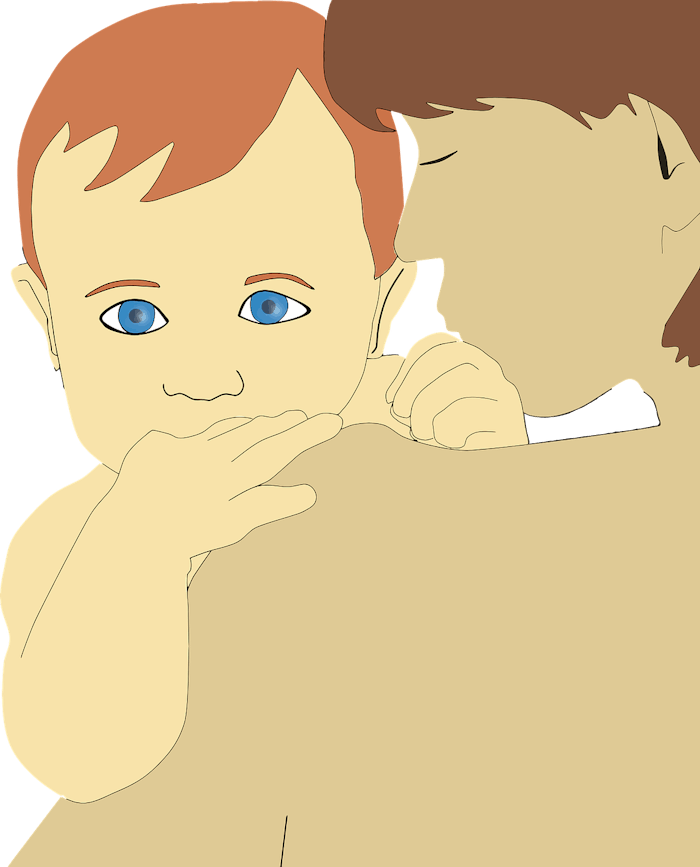Life
If your baby was nursing well and suddenly begins to refuse the breast, he is most likely on a nursing strike. It can be extremely frustrating, exhausting, and even a little frightening when your baby won't feed. This is especially true when you know he's hungry. But many babies go through this at one point or another. So, why do babies go on nursing strikes?
According to Baby Center, a nursing strike is an infant's way of telling their parents that something is wrong. Unfortunately, the problem is not always clear. Until you figure it out, you should try to keep the rest of your baby's routine as normal as possible. Make sure your little one gets plenty of attention and physical contact, and definitely don't stop offering the breast. The good news is that most nursing strikes are over within two to four days, according to La Leche League International (LLLI), and your baby will go back to breastfeeding. During this time, Baby Center recommended keeping track of wet diapers, as your baby should be wetting at least five to six disposable diapers per day. If he's not, it's time to contact the doctor.
Here are some reasons why your baby may be on a nursing strike.
1
They're Suffering Mouth Pain
A baby who refuses to nurse may have mouth pain, according to Baby Center. Your little one may be teething, have a cold sore, a cut in the mouth, or an infection such as thrush, which can occur if you've been taking antibiotics. Parents recommended talking to your pediatrician about using an infant pain reliever such as acetaminophen (Tylenol) or ibuprofen (Motrin), or prescribing a medication if the problem is thrush.
2
They Are Ill
A baby who has a cold or stuffy nose may find it difficult to breath while nursing, according to Baby Center. Ear infections are also painful for a baby, and even more so when the baby is feeding. Talk to your doctor if your notice your baby is stuffy, extra fussy, or has a fever.
3
They Notice A Change In Your Smell
If you have recently changed your deodorant, soap, perfume, or lotion, LLLI warned that your baby may not recognize your smell and go on a nursing strike. Consider using scent-free products in case the baby is overly sensitive to smells.
4
There Is A Change In Your Nursing Routine
Sometimes babies will go on a nursing strike when there is a significant change in their nursing routine, according to LLLI. If you have gone back to work, are leaving your baby with a sitter or grandparents longer, or are traveling the changes in your schedule might cause your baby to strike.
5
They Got Scared
If your baby has bitten you during breastfeeding and you screamed, your baby may have gotten scared. According to a Parenting interview with Dr. Sears, this yelling can startle your baby, which may lead to a nursing strike.
6
Your Breast Milk Tastes Differently
Hormonal changes during menstruation or pregnancy, medication, vitamins, or even food can change the taste of your breast milk, according to the Healthy Children. Strenuous exercise which can lead to a temporary buildup of lactic acid, a breast infection, such as mastitis, or the use of oils, creams or lotions on your breast can cause your milk to taste differently causing your baby to refuse to nurse.
Definitely seek treatment if you have a breast infection, and avoid using topical products on your breasts. If you are pregnant, persistence can help your baby become accustomed to the new taste of your breast milk.
7
You Have A Slow Let Down
Some babies become anxious or frustrated if their moms have a slow let down. Breastfeeding Basics recommended trying to get your milk to let down before putting the baby to the breast so that he will get milk as soon as he latches on. LLLI noted that stimulating your let down will give your baby an immediate reward and can encourage him to give up the strike.
